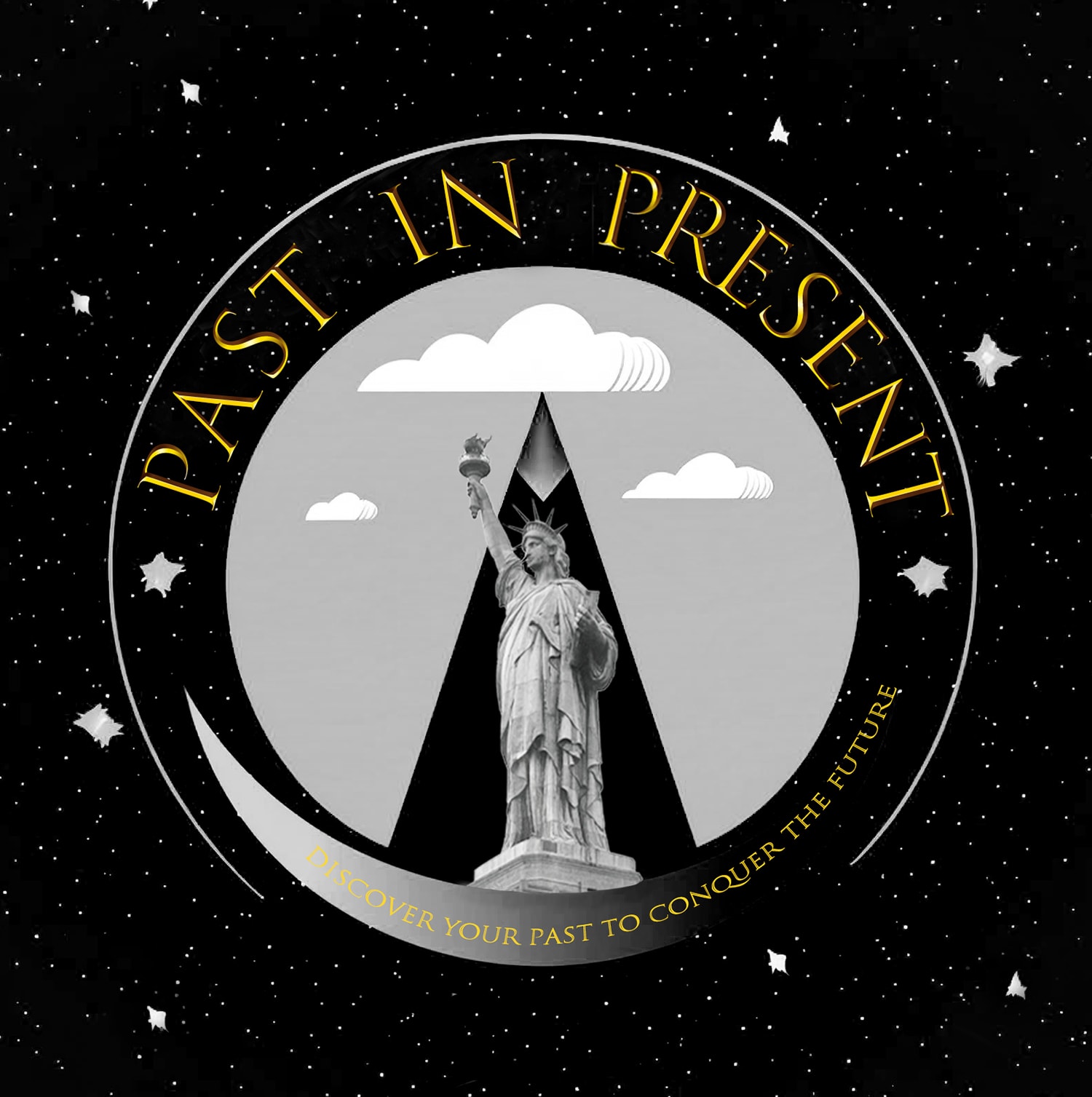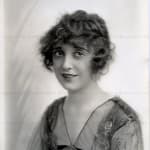-
Artworks
Open a larger version of the following image in a popup: Beautiful Oversize Portrait of Silent Movie Star Mabel Normand by Witzel, c.1910's
Beautiful Oversize Portrait of Silent Movie Star Mabel Normand by Witzel, c.1910's
Albert Witzel
Beautiful Oversize Portrait of Silent Movie Star Mabel Normand by Witzel, c.1910'sOriginal vintage photograph. Watermarks do not appear on the actual photograph.10 x 8 in
25.4 x 20.3 cmWitzelPH12778Copyright WitzelCurrency:Amabel Ethelreid Normand (November 9, 1893 – February 23, 1930), better known as Mabel Normand, was an American silent film actress, director and screenwriter. She was a popular star and...Amabel Ethelreid Normand (November 9, 1893 – February 23, 1930), better known as Mabel Normand, was an American silent film actress, director and screenwriter. She was a popular star and collaborator of Mack Sennett in their Keystone Studios films, and at the height of her career in the late 1910s and early 1920s had her own film studio and production company,[4] the Mabel Normand Feature Film Company. On screen, she appeared in twelve successful films with Charlie Chaplin and seventeen with Roscoe "Fatty" Arbuckle, sometimes writing and directing (or co-writing and directing) films featuring Chaplin as her leading man.
Normand's name was repeatedly linked with gun violence, including the 1922 murder of her friend, director William Desmond Taylor, and the non-fatal 1924 shooting of Courtland S. Dines by Normand's chauffeur, Joe Kelly. After police interrogation, she was ruled out as a suspect in Taylor's murder. Normand suffered a recurrence of tuberculosis in 1923, which led to a decline in her health, an early retirement from films in 1926 and her death in 1930 at age 36.
Witzel Studios was founded in Los Angeles by photographer Albert Walter Witzel (1879–1929) in 1909 and within a few years had become one of the city’s foremost portrait studios. The rise of the business paralleled the emergence of the film industry following its relocation from the east coast, and Witzel was soon in demand from Hollywood studios seeking to create interest in movies by circulating promo shots of their stars. Distinguished by moody lighting and dramatic poses and settings, Witzel’s photos soon set the tone for Hollywood studio photography and from the mid-1910s they featured frequently in fan magazines like Photoplay, becoming an important promotional and publicity tool. Witzel occasionally worked on assignment for the big picture studios, photographing many silent film luminaries including Theda Bara and Charlie Chaplin. Witzel’s business began to decline in the 1920s, by which time the relentless publicity machine had resulted in movie studios employing their own teams of photographers. Witzel Studios folded following Albert Witzel’s death in 1929.








